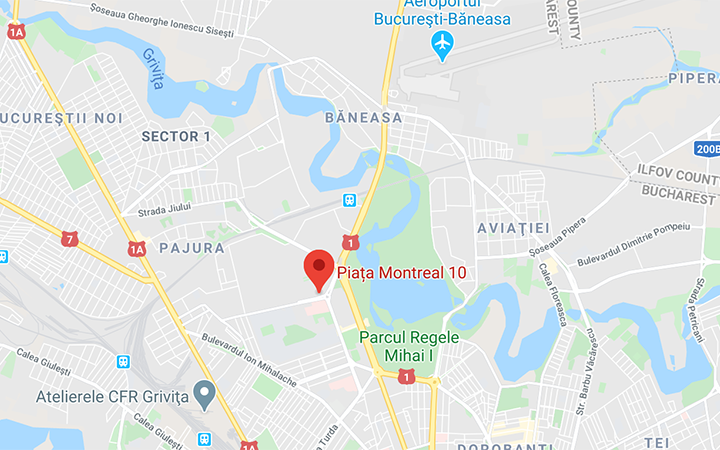
LC Legal Proof Newsletter
Changes to Company Law No. 53/2003 - Labour Code
New changes to the Law No. 53/2003 (the Labour Code) have been implemented by Law No. 213/2020 which has been published in the Official Gazette Part I No. 893 of September 30th, 2020. The amendments entered into force on October 3rd, 2020.
The Amending Law:
(i) modifies the paragraph 6 of article 17 of the Labour Code.
Hence, during the negotiations, conclusion and execution of the labour contract or during the conciliation of a labour conflict, any of the parties may be assisted by an external consultant specialized in the labour and employment law or by a member of the trade union; and
(ii) by the paragraph 7 of article 17 of the Labour Code it is introduced the possibility to conclude a confidentiality agreement with the employee, not only prior to the conclusion of the labour contract, but also during its execution or during the conciliation of any labour conflict.
(iii) introduces a new article under No. 341 which regulates the right of the employers to organize their human resources activity by the following means:
- by the employer self- undertaking of the responsibilities in this respect;
- By appointing one or more employees to perform specific activities regarding human resources and payroll by inserting duties in this respect in their job descriptions;
- by contracting external services specialized in human resources and payroll which shall be coordinated by an expert in labour and employment law.
(iv) introduces a new article under No. 2311 which regulates the possibility of amicable settlement of the labour dispute.
Hence, it is provided that:
- at the conclusion of the individual employment contract or during its execution, the parties may include (it is not an obligation) in the labour contract a clause stipulating that any individual labor dispute is settled amicably, through the conciliation procedure, with the assistance of an external consultant specialized in labour law, in conditions of neutrality, impartiality, confidentiality and with the free consent of the parties. The external consultant may be a lawyer, an expert in labor law or a mediator specialized in labor law;
- The parties have the liberty to choose their consultant the fees of which will be borne by the parties as agreed between them;
- The article also regulates the conciliation procedure and the right of the parties to defer the conflict to the courts of law in case the conciliation failure.
(v) modifies letter d) of article 242 providing that the Internal Regulation shall comprise, as well, the procedure for the amicable settlement of individual labor disputes, claims or individual complaints of employees.
In the previous version, letter d) of this articles provided only for the obligation of regulating the procedure for the settlement of employees’ claims and complaints.




